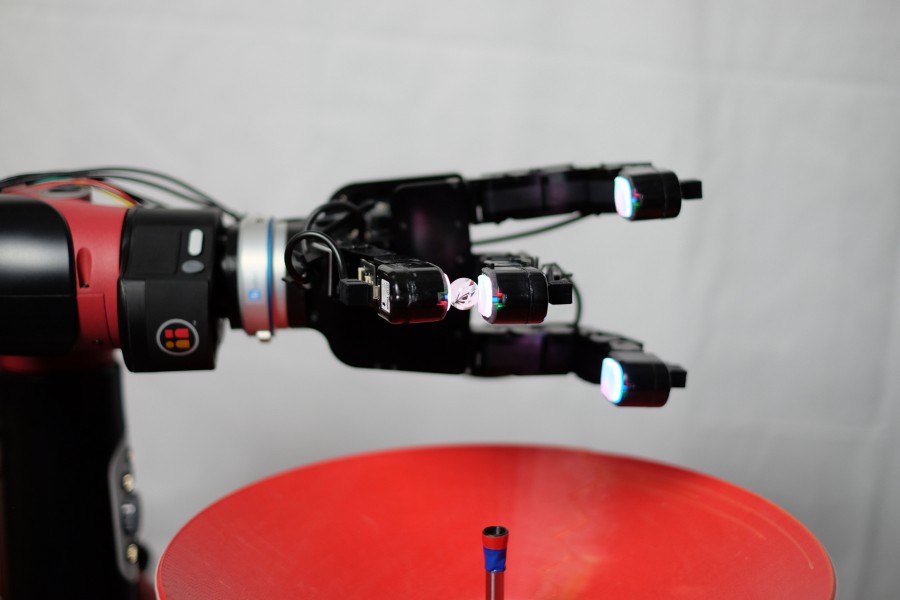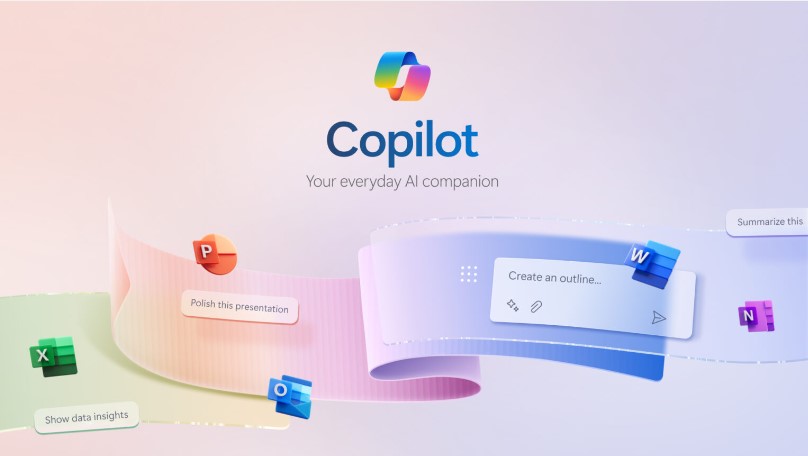What is Copilot? Everything you need to know about Microsoft’s AI chatbot
articiOver the past few years, AI has gone from limited chatbots to suddenly dominating the news cycle every single day. There are a range of AI chatb

You may have occasionally joked about how companies these days seem to be falling over themselves to launch something, anything, that has AI, even just a little bit, somewhere under the hood. That way they can run dazzling ad campaigns that make the product sound like it’s at the cutting-edge, powered by this new-fangled technology that everyone’s talking about.
But one tech founder, Albert Saniger, is now in hot water after being charged with making false claims about his company’s technology after it was found that his “AI-infused” universal shopping app was actually powered by a bunch of people in a Philippines call center.
Saniger, the 35-year-old founder and former CEO of Nate, was this week indicted for defrauding investors who funded the shopping app, according to a release from the U.S. Department of Justice.
The Nate shopping app launched seven years ago and raised more than $50 million from various investors. Saniger allegedly defrauded investors by making claims about his company’s purported AI capabilities while covertly employing workers to create the illusion of technological automation.
Nate’s founder marketed the software as a universal shopping cart app that simplified the e-commerce experience by allowing customers to skip the checkout process on retail websites, with Nate supposedly using AI to autonomously navigate the checkout process, completing it on behalf of the shopper in a single tap.
It meant that if a shopper found, for example, a pair of shoes they wanted to purchase on a particular e-commerce site, they could do so by opening the Nate app and clicking “buy.” The Nate app purported to take care of the remainder of the checkout process by using AI to select the appropriate size, enter billing and shipping information, and confirm the purchase.
The U.S. Attorney’s Office said that while Saniger had indeed acquired AI technology from a third party and hired a team of data scientists to develop it, Nate’s AI never achieved the ability to consistently complete e-commerce purchases. The tech founder is alleged to have concealed this from investors.
Rather than deploying AI, Nate instead relied on teams of human workers to manually process transactions in secret, mimicking actions that users believed was being carried out by AI.
Saniger is accused of having used “hundreds” of contractors located in a call center in the Philippines to manually complete purchases occurring over the Nate app, though during a busy holiday period, the company’s engineering team also developed bots to automate some of the transactions.
Acting U.S. Attorney Matthew Podolsky said of the alleged crime: “This type of deception not only victimizes innocent investors, it diverts capital from legitimate startups, makes investors skeptical of real breakthroughs, and ultimately impedes the progress of AI development.”
In 2023, the U.S. Federal Trade Commission told companies to watch their claims regarding the use of AI, warning them to avoid exaggeration and overpromising when it comes to announcing AI capabilities associated with their products.

articiOver the past few years, AI has gone from limited chatbots to suddenly dominating the news cycle every single day. There are a range of AI chatb

When you think of AI, names like Google, Microsoft, and OpenAI pop up in your mind. Netflix, the world’s biggest streaming platform, doesn’t quite sou

Microsoft may be on its way to developing AI models independent of its partnership with OpenAI. Over time, the generative AI company, OpenAI, has expa

The inevitable outcome of artificial intelligence was always its use in robots, and that future might be closer than you think. Google today announced
Update: Google has responded to Digital Trends’ queries. The story has been updated with company’s statement below.The rise of generative AI has been

MicrosoftMicrosoft Support announced an improvement to the Phone Connection app in a blog post. The update makes tasks like messaging, setting alarms,

Google recently announced that Gemini will soon replace Google Assistant everywhere, from your phone and smartwatches to smart home speakers. ChromeOS
We are a comprehensive and trusted information platform dedicated to delivering high-quality content across a wide range of topics, including society, technology, business, health, culture, and entertainment.
From breaking news to in-depth reports, we adhere to the principles of accuracy and diverse perspectives, helping readers find clarity and reliability in today’s fast-paced information landscape.
Our goal is to be a dependable source of knowledge for every reader—making information not only accessible but truly trustworthy. Looking ahead, we will continue to enhance our content and services, connecting the world and delivering value.